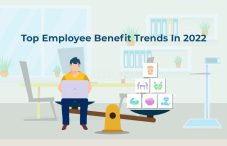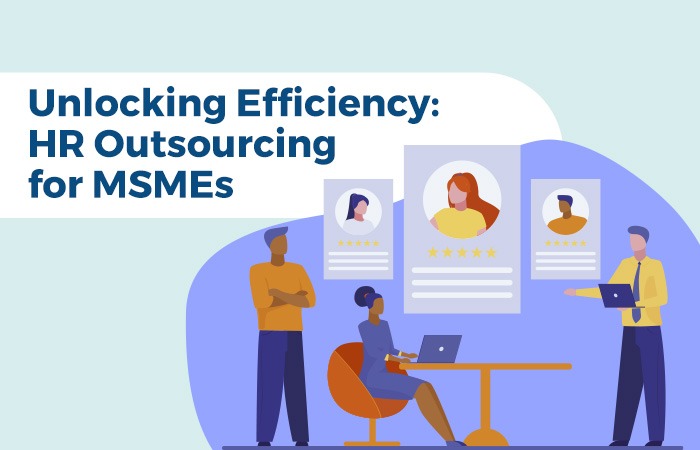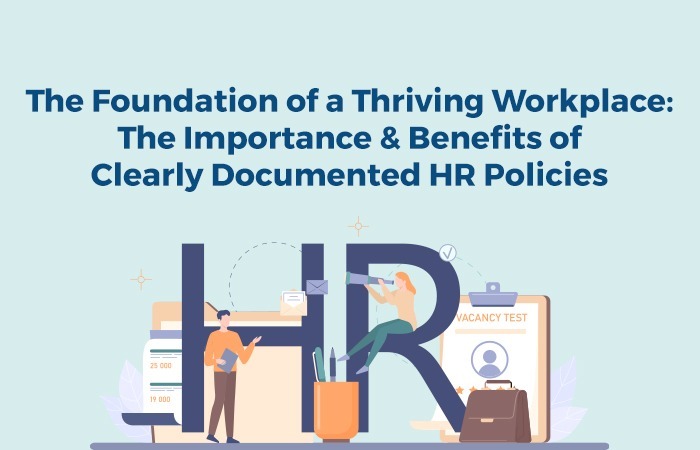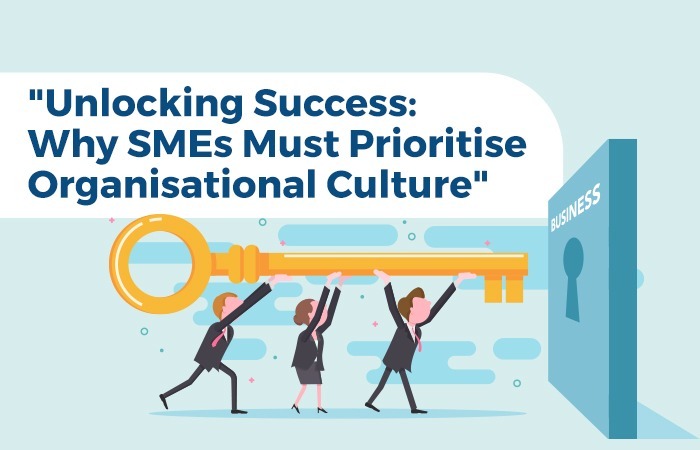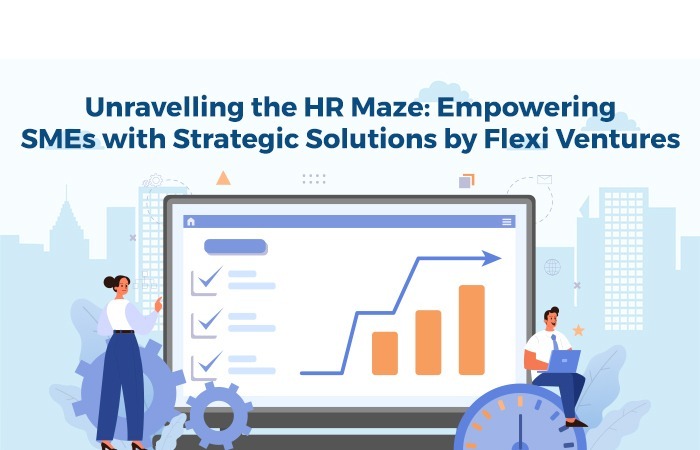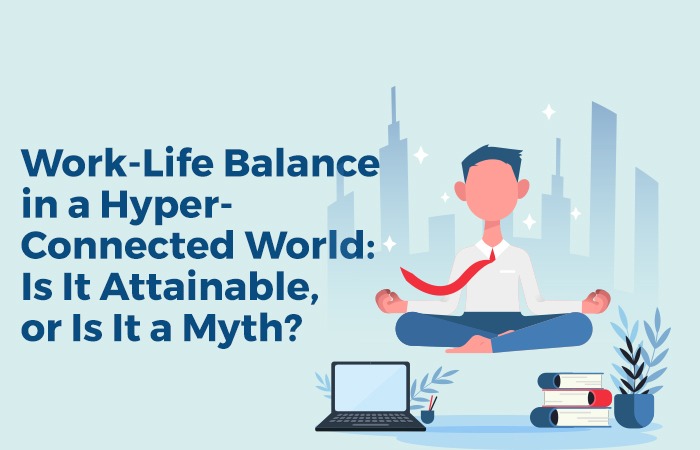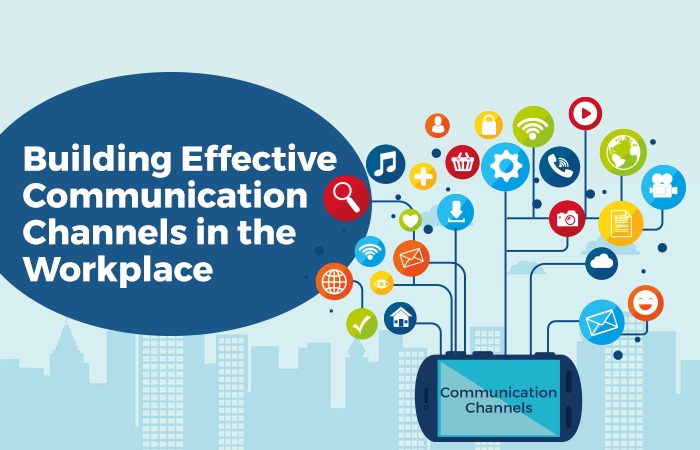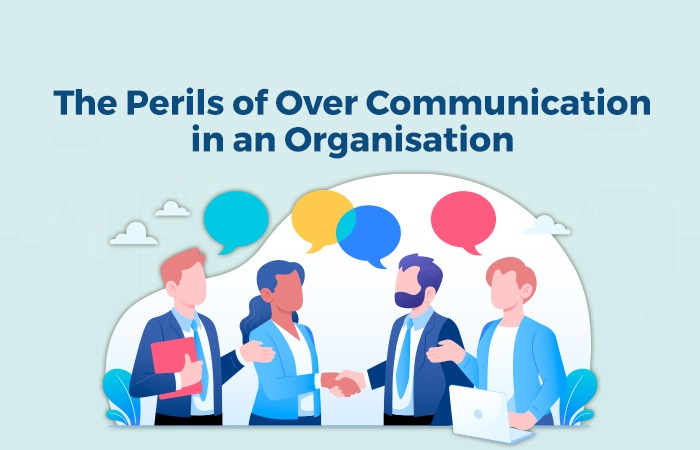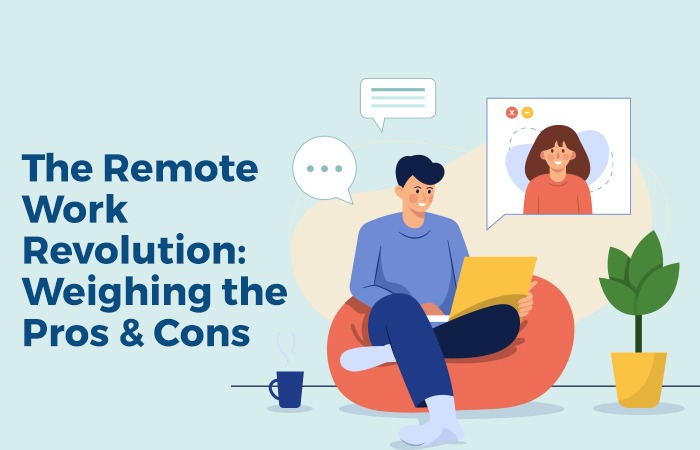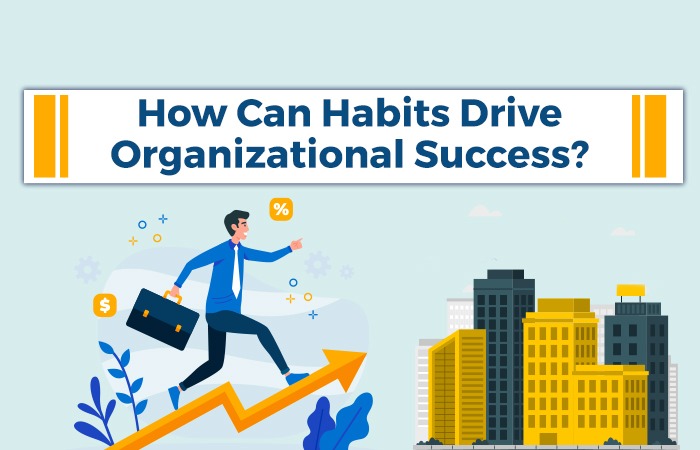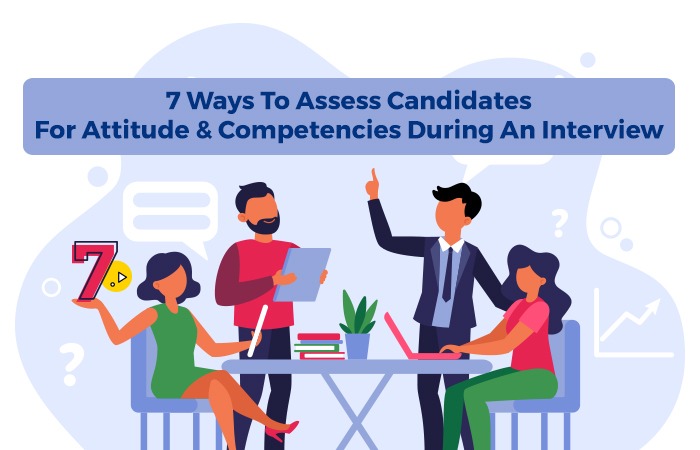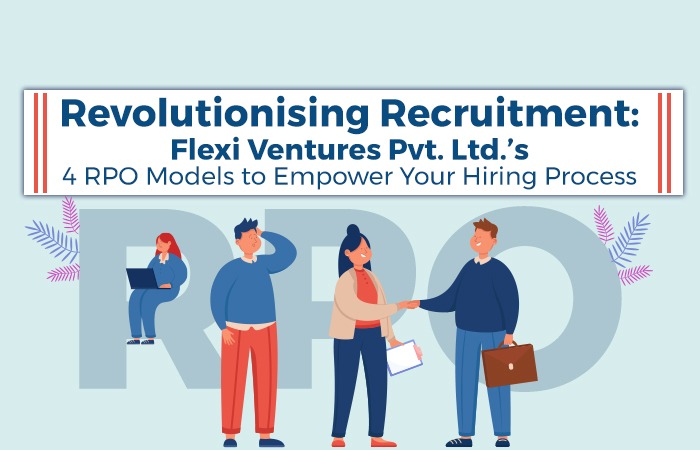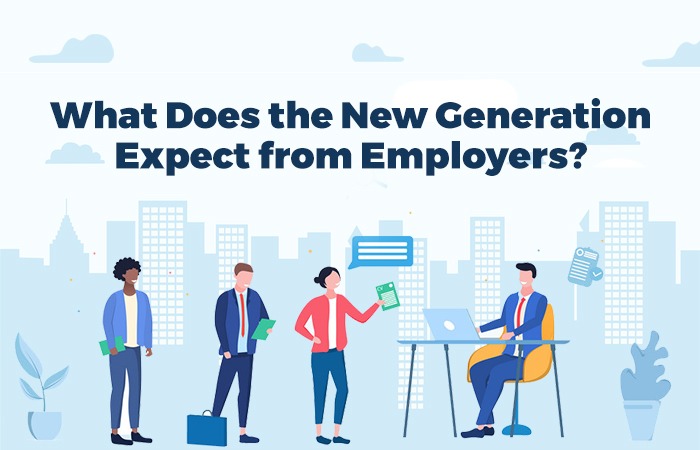The talent war has led to employers across the globe looking at creating a differentiating factor for their employer brand and offering superlative employee experience. While this helps in attracting and retaining talent, it can cause an increase in labour costs.
Hence, HR managers are looking at revamping their employee benefit strategy to achieve the above goals while managing the surge in costs.
Why are Employee Benefits Important?
As the pandemic hit businesses, employers turned to innovative and enhanced benefits to help employees deal with the challenging times.
According to a recent Gartner study, organisations that can deliver on the Employee Value Proposition (EVP), can decrease their annual turnover by around 70% and increase new employee commitment by over 30%.
Employee benefits are one of the most important aspect of EVP. Hence Employee Benefits play a very important role in attracting, engaging and retaining talent.
Let us look at the top 5 trends that will shape the employee benefits strategy in 2022.
- Physical & Mental Health and Safety
With the pandemic, physical health and workplace safety have become extremely important.
While the remote working environment provides multiple benefits and it is here to stay, it is starving people of real-life connections and conversations. There is a lack of social connect and people are missing out on the team bonding over coffee breaks.
Physical health is also an important aspect that has taken a hit due to lack of movement and long hours in front of the screen. Moreover, as employees return to offices (for a few days a week), hygiene and social distancing norms in the workplace take precedence.
Employee benefits will revolve around wellbeing and safety. Companies will invest heavily into wellness programmes, creating friendly work environment that fosters sharing and caring.
Right from work from home kits to gym memberships, yoga retreats, vacations, team lunches, every small aspect of employee wellbeing need to be considered while designing employee benefits.
- Near Term Benefits
The volatility caused due to the disruptions has led to employees seeking near term benefits as compared to long term financial security. Hence companies will need to focus on creating more innovative solutions to handle the short-term financial insecurities.
Things like emergency funds/savings, medical insurance, etc will soon become a part of employee benefits across levels.
- Personalised Approach
Employee retention is topmost on every HR manager’s goals and with the talent war, their task just got more difficult.
Companies will have to move from standardised approach to more personalised approach to employee benefits keeping in mind their needs, hours of work, demographics, etc.
While some employees may value remote work options, others may look at transport facilities, or tuition fees reimbursement or upskilling as more valuable.
One size fits all solutions will not work going ahead and companies will have to create more exclusive and personalised employee benefits that meet the employee needs.
- Remote / Flexible Work Environment
Companies have realised the conventional form of 9-5 work is no longer working. Remote or flexible work environment is becoming a deal breaker for many employees who are looking at a more open approach to working.
Employees have realised that since work can happen remotely, they may not spend hours on commute. They would like to spend more time with their family or doing things they like.
Hence as a part of employee benefits, companies will need to think out of the box and create flexible work options for employees.
While many organisations have declared permanent ‘work from anywhere’, many are still working out the best possible solutions for their workforce.
Companies are also looking at creating an agile workforce that comprises of permanent and contract employees. Dependence on permanent workforce is reducing and more and more companies are using staffing companies to employ contract staff for their top skill requirements.
Related read : Contract Staffing
- Employee Feedback
Employee expectations are different now than what they were before the pandemic. Companies need to understand what the employees want and create a continuous feedback mechanism to ensure that their strategies are relevant and help in attracting, engaging and retaining employees.
As the companies attempt to address the changing workforce career and lifestyle needs, HR managers need to work on creating ingenious employee experiences that resonate with them. For eg. some companies are offering vouchers for family dinners, vacations, time offs, etc.
Hence a very robust feedback strategy is critical to device an effective employee benefit.
Pandemic has taught us – Change is the only constant. The future of work is changing, and companies need to keep this change in mind while designing their employee benefit plan.

